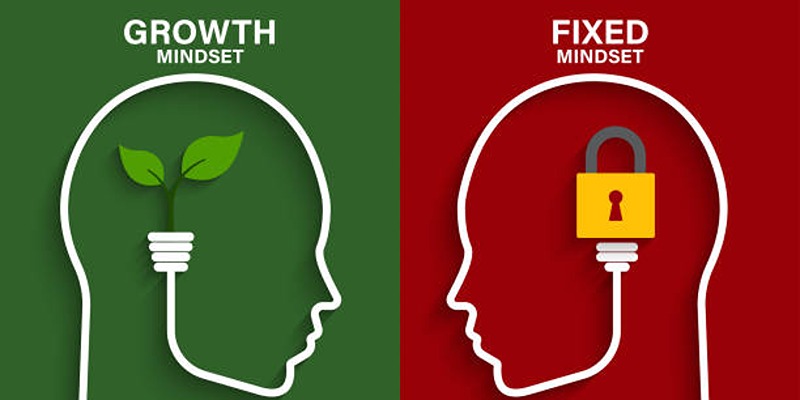Caffeine is one of the most widely consumed substances in the world, yet it is surrounded by numerous misconceptions. From its effects on health to its impact on sleep, these myths often lead to confusion. This article uncovers the truth behind 9 common caffeine myths, separating fact from fiction to provide clarity.
1. Myth: Caffeine Is Highly Addictive
Reality: Caffeine Can Cause Dependence, But It’s Not Truly Addictive
Caffeine produces minimal addictive tendencies that are separate from the brain-altering patterns of addictive substances. Through its blocking of adenosine receptors the substance provides temporary drowsiness reduction and enhances alertness levels.
Daily coffee drinkers establish specific routines which keep them moving but such patterns do not fulfill the criteria of genuine addiction because they lack addictive symptoms. When people stop using caffeine abruptly they often face symptoms such as headaches combined with fatigue alongside irritability. The signs usually stay mild for a limited time span of several days while not necessitating any medical intervention.
2. Myth: Caffeine Causes Dehydration
Reality: Caffeine’s Diuretic Effect is Mild and Doesn’t Dehydrate Regular Consumers
Many people believe caffeine dehydrates the body, but this is a misconception. While caffeine does have a mild diuretic effect, meaning it can slightly increase urine production, the effect is not strong enough to cause dehydration—especially in regular caffeine drinkers. Research shows that frequent caffeine consumers develop a tolerance to this diuretic effect, allowing beverages like coffee and tea to contribute to overall hydration.
In fact, when consumed in moderation, caffeine-containing drinks can hydrate the body just as effectively as water.
3. Myth: Caffeine Causes Insomnia for Everyone
Reality: Timing and Sensitivity Play a Bigger Role
Caffeine can disrupt sleep if consumed too close to bedtime, but its effects depend on individual sensitivity and how much you consume. With a half-life of 4 to 6 hours, caffeine lingers in your system for quite some time. For some, even a small cup of coffee in the afternoon can delay sleep, while others can enjoy a post-dinner espresso and rest peacefully. The key is understanding your personal tolerance and avoiding caffeine at least six hours before bed if sleep quality is a concern.
4. Myth: Caffeine Stunts Growth in Children and Teens
Reality: No Scientific Evidence Supports This Claim
For decades, this myth has worried parents, particularly when it comes to kids drinking soda, tea, or other caffeinated beverages. However, scientific studies have found no evidence that caffeine inhibits bone growth or hampers overall development.
When consumed in moderation as part of a balanced diet, caffeine does not interfere with the body’s natural growth process. That said, children and teens are more sensitive to caffeine’s effects, so it’s important to monitor their intake. Excessive consumption can lead to side effects like anxiety, restlessness, or disrupted sleep.
5. Myth: All Caffeine Sources Affect the Body in the Same Way
Reality: The Source and Nutrients Matter
While caffeine itself has a similar effect regardless of its source, the way it impacts the body can differ based on what it’s consumed with. For example, coffee often provides a quick, intense energy boost, whereas green tea offers a gentler lift thanks to calming compounds like L-theanine, which help balance caffeine’s stimulating effects.
On the other hand, soft drinks may include added sugars and other ingredients that can lead to jitteriness or energy crashes—effects that aren’t caused by caffeine alone.
6. Myth: Caffeine Provides No Nutritional Benefits
Reality: Caffeinated Beverages Can Be Packed with Antioxidants
While caffeine itself doesn’t supply calories or essential nutrients, many caffeinated drinks offer additional health benefits. Beverages like coffee and tea are loaded with antioxidants—powerful compounds that combat oxidative stress, a factor linked to aging and chronic illnesses.
Green tea, in particular, stands out for its abundance of polyphenols and flavonoids, which have been associated with a reduced risk of various health conditions. So, while caffeine may not directly nourish your body, the drinks that contain it often do.
7. Myth: Caffeine Causes Heart Problems
Reality: Moderate Caffeine Intake is Safe for Most People
While caffeine can temporarily elevate heart rate or blood pressure in some individuals, this has led to the misconception that it contributes to heart disease. However, long-term research has found no consistent evidence linking moderate caffeine consumption to poor heart health in otherwise healthy individuals.
For those with specific conditions, such as uncontrolled hypertension, monitoring caffeine intake may be wise. But for the general population, enjoying caffeine in moderation poses no significant risk to cardiovascular health.
8. Myth: You Must Quit Caffeine for Better Health
Reality: Caffeine Can Be Beneficial When Consumed Responsibly
Many health fads advocate cutting out caffeine entirely to "reset" your body. While reducing caffeine can be helpful for those dealing with side effects like anxiety or sleep disturbances, there’s no universal health advantage to quitting it altogether—especially if you’re consuming it in moderation without adverse effects.
In fact, caffeine has been linked to enhanced cognitive performance, improved physical endurance, and even a lower risk of certain neurodegenerative diseases. The key isn’t elimination, but mindful and responsible use.
9. Myth: More Caffeine Means More Energy

Reality: Caffeine Has Its Limits
Caffeine is well-known for boosting alertness and fighting fatigue by blocking adenosine, the chemical that induces sleepiness. However, its energy-boosting effects have a limit. Beyond a certain point, increased caffeine consumption yields diminishing returns and can cause side effects like restlessness, anxiety, digestive issues, and irritability.
Relying heavily on caffeine to stay awake or enhance performance often creates a harmful cycle of poor sleep, overconsumption, and eventual burnout. For sustained energy, prioritize proper rest, hydration, and balanced nutrition—far more effective solutions in the long run.
Conclusion:
Caffeine is a widely misunderstood substance, often surrounded by myths that obscure its true impact on wellness and performance. When consumed responsibly—in moderation and at the right times—it can be an effective ally for maintaining focus, energy, and alertness. As with any dietary component, its effects vary greatly depending on individual health, lifestyle, and consumption patterns.











